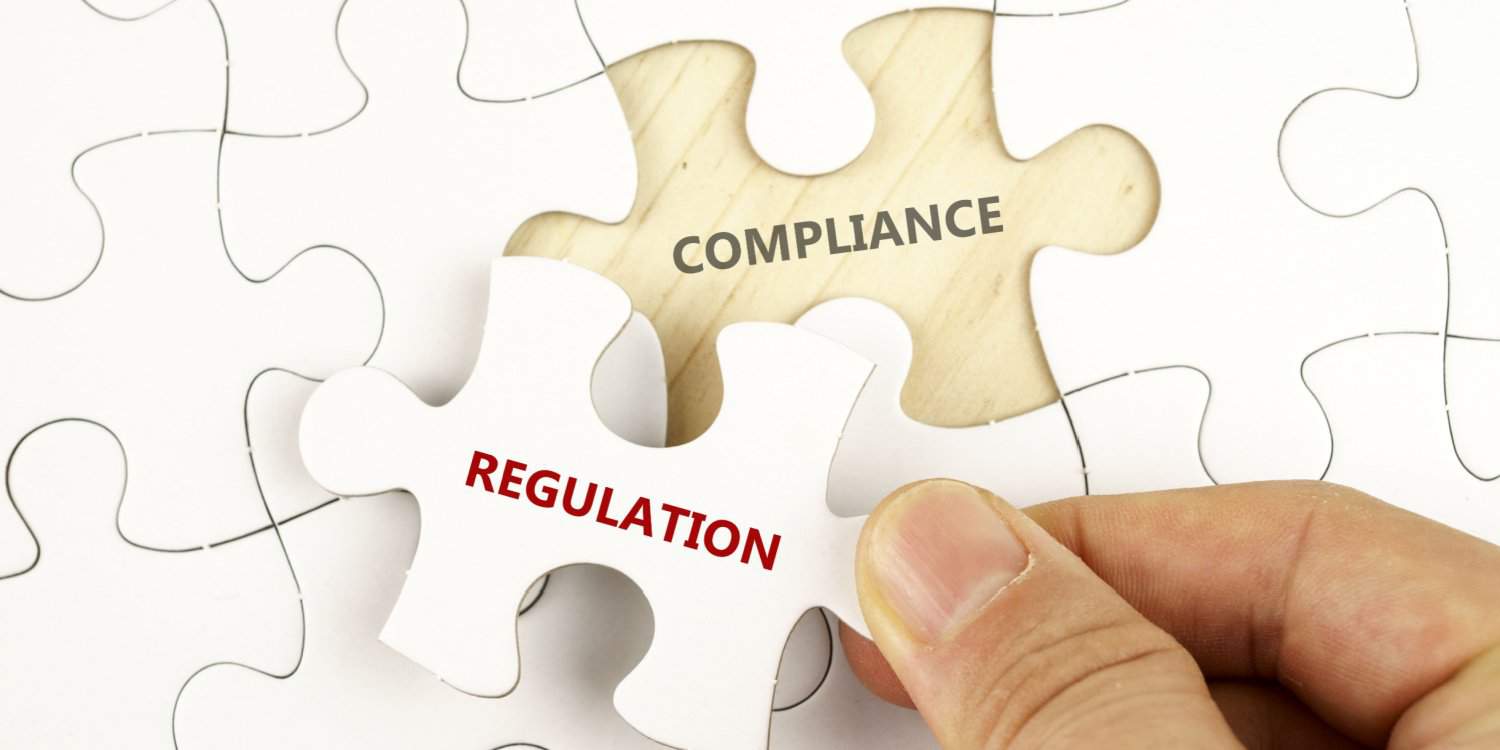Companies House and HMRC are two of the largest government agencies in the UK. All business owners have obligations towards HMRC, the UK tax authority, but only incorporated entities (like companies) must deal with Companies House, the UK Registrar of Companies.
As a business owner, it is essential to understand the different functions of Companies House and HMRC, as well as your responsibilities to both or one of these agencies. So, read on to discover the roles they play in the life of your UK business.
The different roles of Companies House and HMRC
If you trade through a limited company or limited liability partnership (LLP), you’ll deal with both Companies House and HMRC for as long as your business exists.
Whereas, if you work in a self-employed capacity (e.g. sole trader), you need only report to HMRC. You won’t have any dealings with Companies House.
About Companies House
Companies House (CH) is the Registrar of Companies for the UK jurisdictions of England & Wales, Scotland, and Northern Ireland. As an executive agency of the Department for Business and Trade, the main functions of Companies House are to:
- incorporate, maintain, and dissolve companies (the term ‘companies’ includes limited and unlimited companies, LLPs, limited partnerships, and other incorporated structures)
- examine and publish company information on the public register of companies
- maintain the UK’s register of companies and the Register of Overseas Entities
- promote transparency and growth in the UK economy
When you set up a company in any part of the UK, your first encounter with Companies House will occur during the incorporation process. Whether you incorporate directly at CH or through a company formation agent (like Rapid Formations), Companies House will be responsible for processing and approving your application.
Once your company is registered, CH will issue a certificate of incorporation. This serves as ‘conclusive evidence that the company is registered under the Companies Act 2006’.
CH will also publish and maintain the following details of your company on the public register:
- company name and registration number
- company type (e.g. private company limited by shares, public limited company)
- registered office address
- nature of the business (i.e. its main activities)
- details of directors and company secretaries (both current and resigned)
- details of people with significant control (PSCs)
- copies of all transactions filed at CH, including annual accounts and confirmation statements
- date of the last accounts or confirmation statement filed
- date of the next accounts or confirmation statement due
- mortgage charge data
- insolvency information
Members of the public can access this corporate data free of charge online. The disclosure of company information is one of the notable differences between incorporated businesses and those dealing only with HMRC.
Your obligations toward Companies House
Throughout the lifetime of your company, you have a legal obligation to file certain information with Companies House and report any changes to your registered details.
Every year, you must prepare and deliver annual accounts and a confirmation statement by the statutory deadlines. CH will provide you with these deadlines shortly after incorporation. You can also sign up to receive email reminders from Companies House.
You can deliver these annual filings online or by post. There is no charge for sending accounts, but you’ll have to pay an annual fee of £34 to file your confirmation statement online (or £62 by post).
Additionally, you must notify Companies House if there are any changes to your company, including:
- company name
- registered office address
- the use of a single alternative inspection location (SAIL address)
- location of the statutory registers
- appointment or resignation of a director
- the name or service address of a current director
- appointment or resignation of a company secretary
- the name or service address of a current company secretary
- changes to PSC information
- your accounting reference date (ARD)
- changes to the company’s share structure – e.g. if you issue new shares
You can file these changes online via Companies House service or by post. Many of these updates can also be reported to CH free of charge through Rapid Formations’ Online Client Portal. CH will amend your company details on the public register to reflect any changes you make.
About HM Revenue & Customs (HMRC)
His Majesty’s Revenue & Customs (HMRC) is the UK’s tax, payments, and customs authority. As such, all businesses and self-employed people in the UK have certain obligations toward HMRC.
You must register with HMRC when you start trading through a company, set up a sole trader business or partnership, or engage in freelance work. You may also need to register if you receive income from shares, property, or other self-employed trading activities.
Unlike Companies House, HMRC does not publicly disclose the information it receives from individuals or businesses. All details and filings you provide to HMRC will remain confidential.
If you trade through a company
Companies House will inform HMRC when you set up a company. HMRC will then send a letter to your registered office address a few weeks after incorporation. This will contain your company’s Unique Taxpayer Reference (UTR) and information about your tax obligations.
Within three months of starting any business activity through the company, you must register for Corporation Tax. You can do this online. If you’re not planning to trade for a while (or at all), you should tell HMRC that your company is dormant for Corporation Tax.
After the end of each accounting period for Corporation Tax, you must send a Company Tax Return with full annual accounts to HMRC (unless your company is dormant). An accounting period normally covers 12 months. You must also pay HMRC any Corporation Tax your company owes.
Most companies can use HMRC’s joint filing service to submit their accounts to Companies House and HMRC at the same time, alongside their Company Tax Return.
Depending on your situation, you may also have to register for VAT. As a VAT-registered business, you’ll need to charge VAT on the goods or services you sell, submit a quarterly VAT Return, and pay any VAT you owe to HMRC.
If you employ staff or pay yourself a director’s salary, you must register as an employer and operate HMRC’s Pay As You Earn (PAYE) system. PAYE is used to collect Income Tax and National Insurance from employment.
As a company director and shareholder, you also have obligations to HMRC as an individual. These include registering for Self Assessment, filing an annual Self Assessment tax return, and paying tax on shareholder dividends and director’s loans.
If you’re self-employed
You’re classed as a self-employed business owner if you’re a sole trader or a partner in a business partnership. As a self-employed person, you must register for Self Assessment with HMRC by 5 October after the end of the tax year in which you started trading.
HMRC’s Self Assessment service lets you declare and pay personal tax on your business income on an annual basis. To do so, you must prepare and file a Self Assessment tax return after the end of each tax year.
Based on the information you enter in your tax return, HMRC’s system will determine how much Income Tax and Class 4 National Insurance you owe. You can also claim allowances and tax relief on business expenses through your return. You’re responsible for paying what you owe to HMRC.
If you trade through a general business partnership or an LLP, you’ll also need to register your partnership for Self Assessment and file an annual Partnership Tax Return.
VAT and PAYE for self-employed business owners
VAT registration applies to the self-employed just as it does to companies. You must register for VAT if your taxable turnover is more than £90,000 in a 12-month period. Voluntary VAT registration is available if your turnover is less than that.
You can also employ other people in your sole trader or partnership business. If you hire staff or workers, you must register as an employer and operate PAYE as part of your payroll.
Thanks for reading
We hope this post has helped you to understand the roles that Companies House and HMRC play in your business. Whether you’re a company owner, sole trader, or partner in a business partnership, you must be aware of your responsibilities toward these agencies.
Please comment below if you have any questions about the topic covered in this post. Alternatively, contact our London-based team if you’d like to speak to someone about setting up a company or purchasing one of our corporate services.
Explore the Rapid Formations Blog for more small business news, insights, and guidance.















